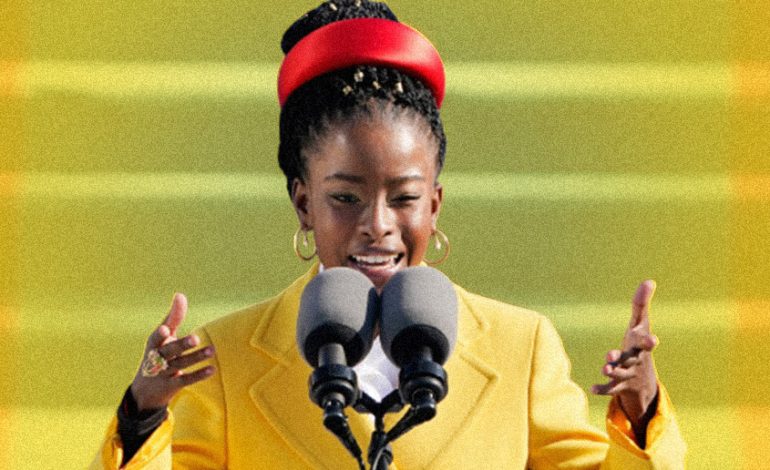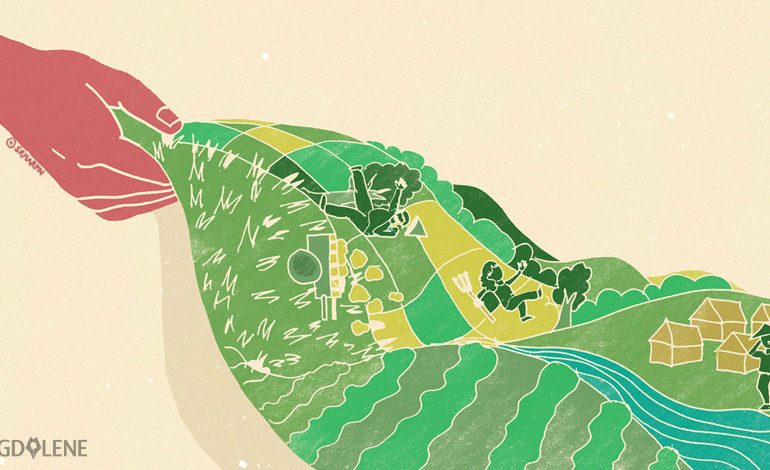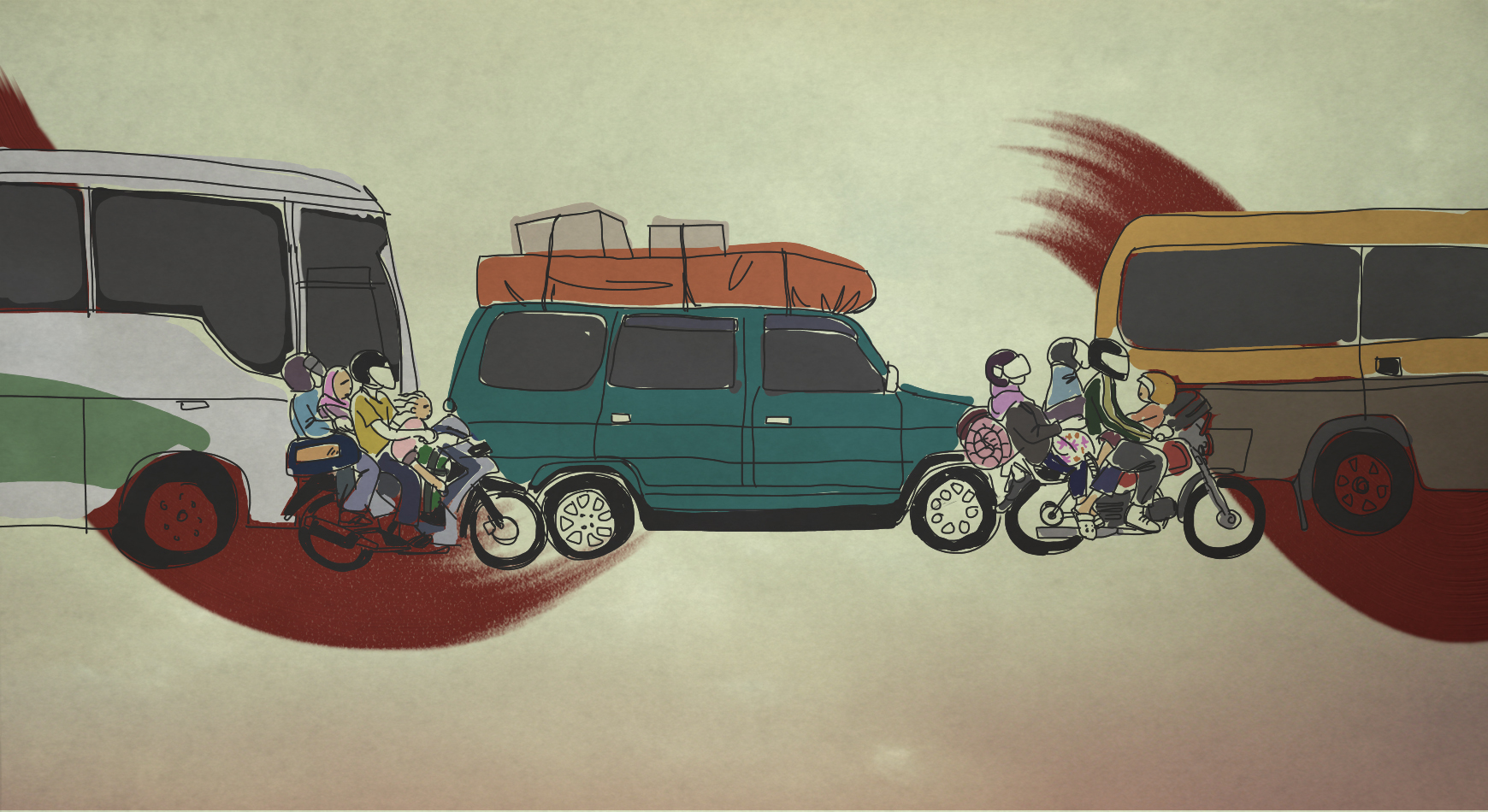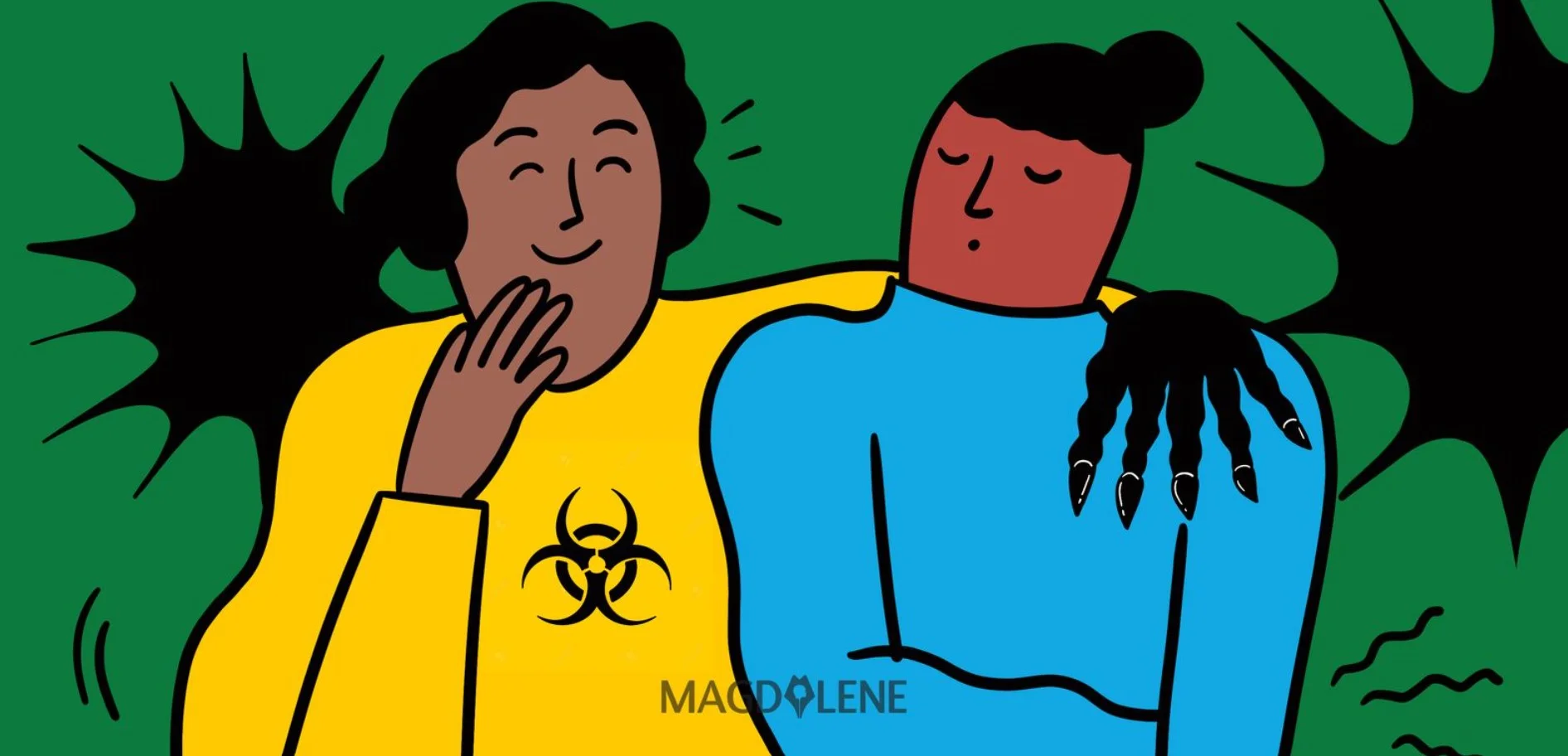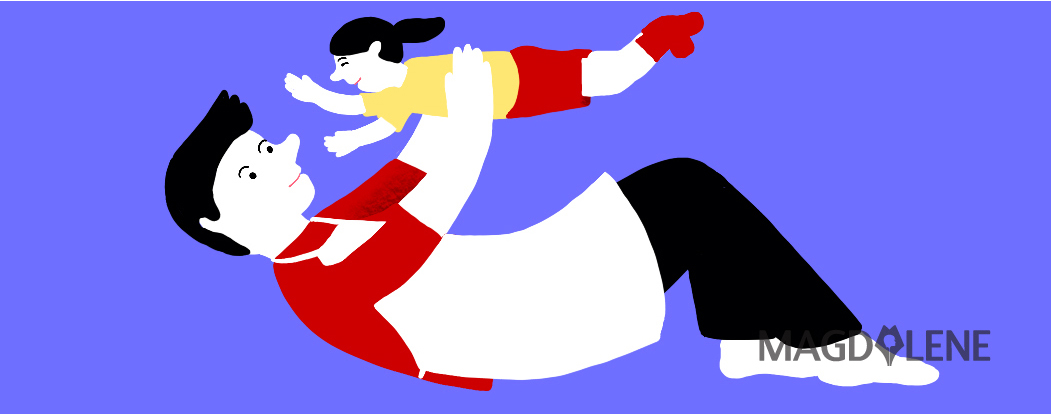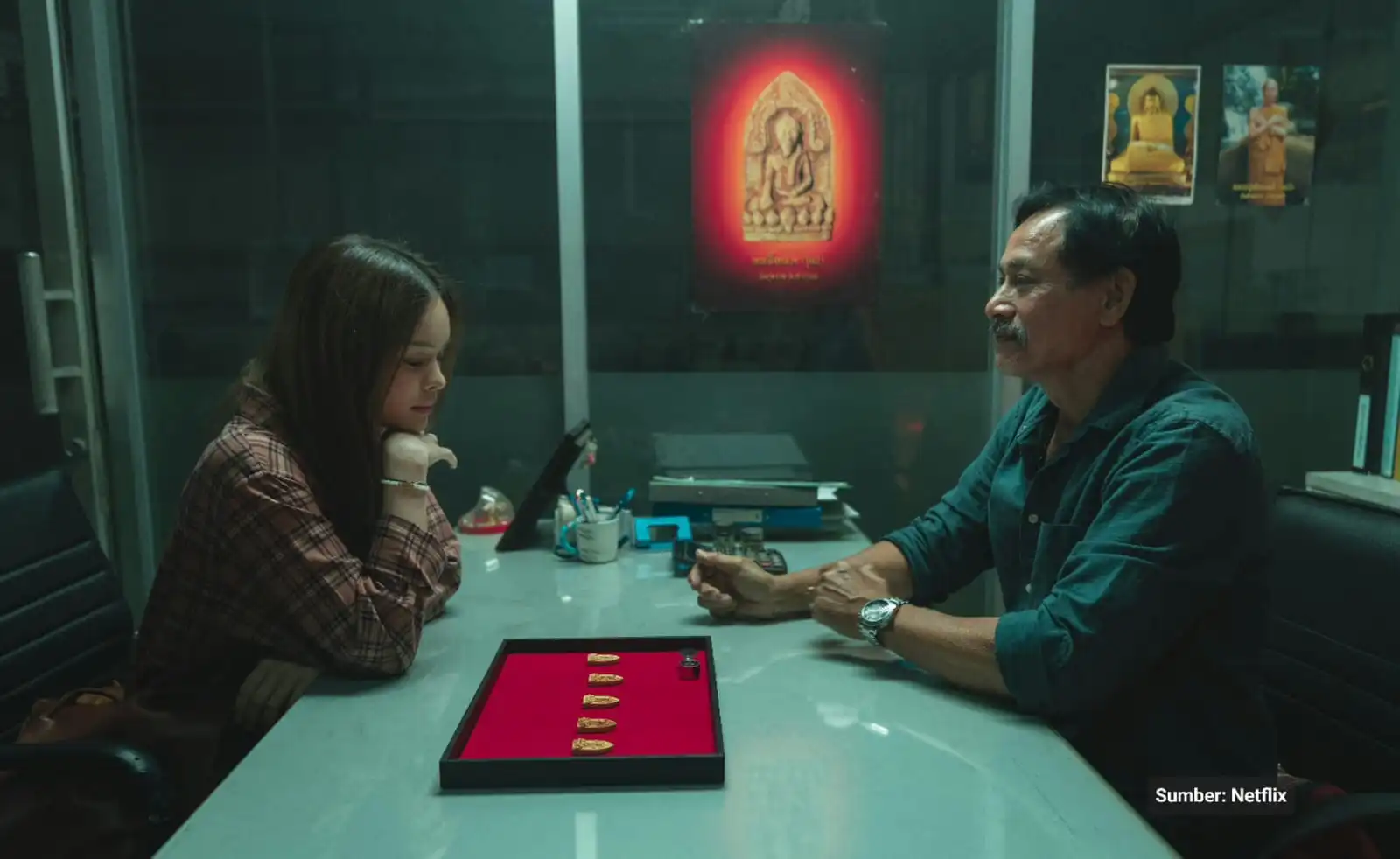I Hated Being a Woman, Until I Found Feminism
For most of her childhood and teenage years, she hated being a woman and wished she were a man, until she discovered feminism through Magdalene.
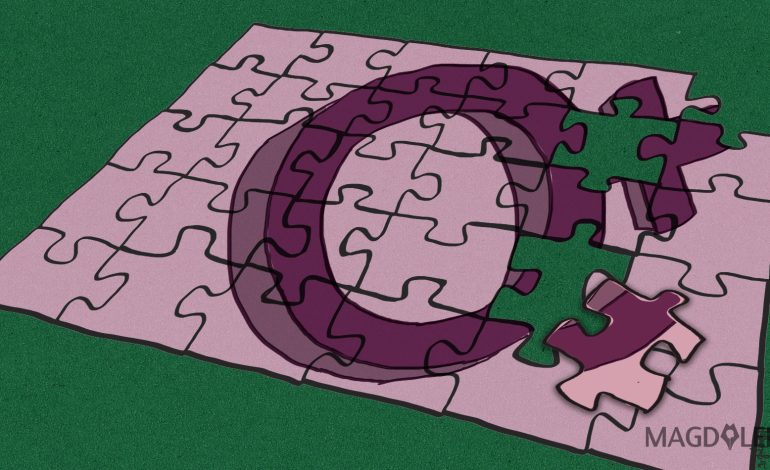
When I was a child, I had a sexist, toxic view of women. Mentally, I “changed” my gender every day, dressing up as a boy, willing myself to think like a man, and getting into fights with my classmates to prove my ‘masculinity.’
I didn’t exactly know how I came to think like it, but I hated the idea that women are lesser human beings than men. I hated the idea that a woman needs to be saved by a man in stories, that the only place they seem to belong to is the kitchen, and that girls have to wear skirts and high heels.
I hated people who taught me to be ladylike, to take care of my skin to avoid sunburns or that I needed to be pretty to prove my worth to a man by wearing make-up and growing my hair long. So I wore pants, got sunburns, and ignored all the advices to lose weight. I rebelled against the norms and beauty standards placed on women so that I would be different.
Also read: I Thought I Was a Feminist, Until I Checked My Bookshelves
It didn’t stop me from constantly being pestered about my lack of femininity, especially by my grandmother who would say, “You know, when I was your age, I was skinny, pretty, and feminine. So, how come you are the only one who is a tomboy?”
Or, “Why don’t you appear more feminine so boys would like you?” And “Why did you cut your hair like a boy?”
It was as if being a tomboy was a sin! Even in college, people were still bothered by the way I looked and acted. Some girls would talk behind my back about my un-lady-like appearance and behavior.
Feminism and Self-Esteem
My hatred for my own gender was clearly caused by my own ignorance about women. But how media depict women play a big role in shaping our opinions on gender, particularly women.
Julia T. Wood was quoted as saying in the book Gendered Media (2012) that the media depict “…significantly younger and thinner than women in the population as a whole, and most are depicted as passive, dependent on men, and enmeshed in relationships or housework.”
Also read: Are You a ‘Passive’ Feminist? That’s Perfectly Fine
Her research also found that the “media reiterate the cultural image of women as dependent, ornamental objects whose primary functions are to look good, please men, and stay quietly on the periphery of life.”
Many TV series in Indonesia still relegate girls and women to supporting characters with gentle, passive, weak, or dumb personality. An article on Remotivi analyzes three local TV series—Adit & Sopo Jarwo, Kiko, and Keluarga Somat—and finds that the number of female characters is only half of that of male characters, and the women are supporting characters only to the male main protagonists in the series. Also, female characters’ depictions are ridden with gender stereotypes and have low cognitive skills in these series.
Shows like this will affect the way people see girls and women, especially in a culture where boys are raised to think they have privilege over women. TV shows are not the only media platform that have been sending toxic message about gender and gender relation. So have advertisements, films, games, music and even news for many generations.
Magdalene shows us how a media outlet can provide high quality content with feminist perspective without sacrificing journalistic integrity. It has led me to accept myself as a girl, a woman, not just as my gender but also as my identity.
The Significance of Feminist Media
I was still a freshman in 2018 when I first discovered Magdalene from one of my friend’s Instagra stories promoting a campus event. It started as mere curiosity about the pink women-shaped nib logo, but as I read more articles on the website, I became fascinated by the writing. Soon enough, I became consumed and little by little I learned about feminism, women’s issues, gender equality, sexual diversity, and others.
From those articles I learned that women are not weaklings or lesser human beings to men. I became aware of social injustice that both genders, especially women, are facing. I learned about domestic violence, abortion rights, sexual violence and a host of other issues pertinent to feminism.
But, more importantly, I learned that feminism isn’t only about women but for everybody who wants to have a better, equal world in all aspects, politics, social, and economy. Still, equality can’t be achieved by a singular movement, but through the power of the media. This is why, it’s important for Indonesia—a country still deeply rooted in patriarchy—to have more media outlets with feminist perspective.
Also read: I Made a Choice! Am I Feminist Enough?
Magdalene shows us how a media outlet can provide high quality content with feminist perspective without sacrificing journalistic integrity. It has led me to accept myself as a girl, a woman, not just as my gender but also as my identity. It makes me aware and more curious of women’s issues or gender studies.
And, I am a proud feminist who can boldly quote Salma Hayek, who said in an interview with The Guardian: “I am a feminist because I love women and I am ready to fight for women. I am a feminist because I am proud to be a woman, and I am passionate about making the world a better place for women. I am a feminist because a lot of amazing women have made me the woman I am today.”

